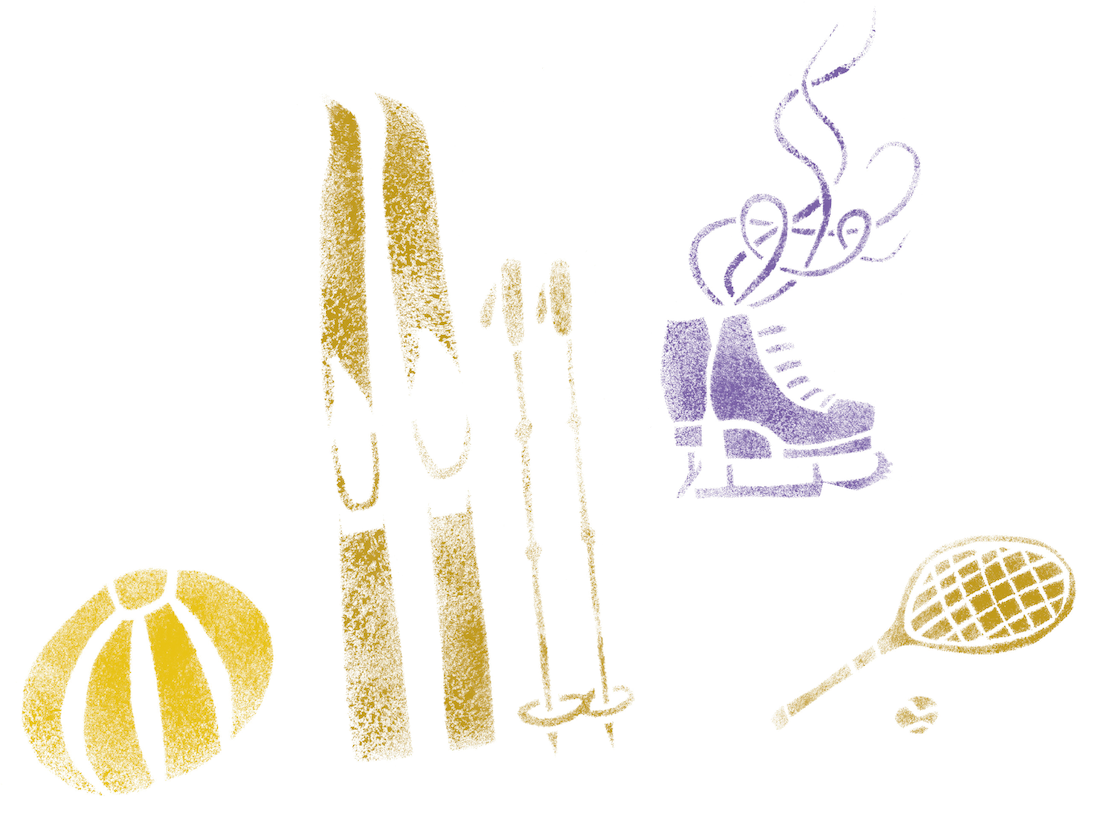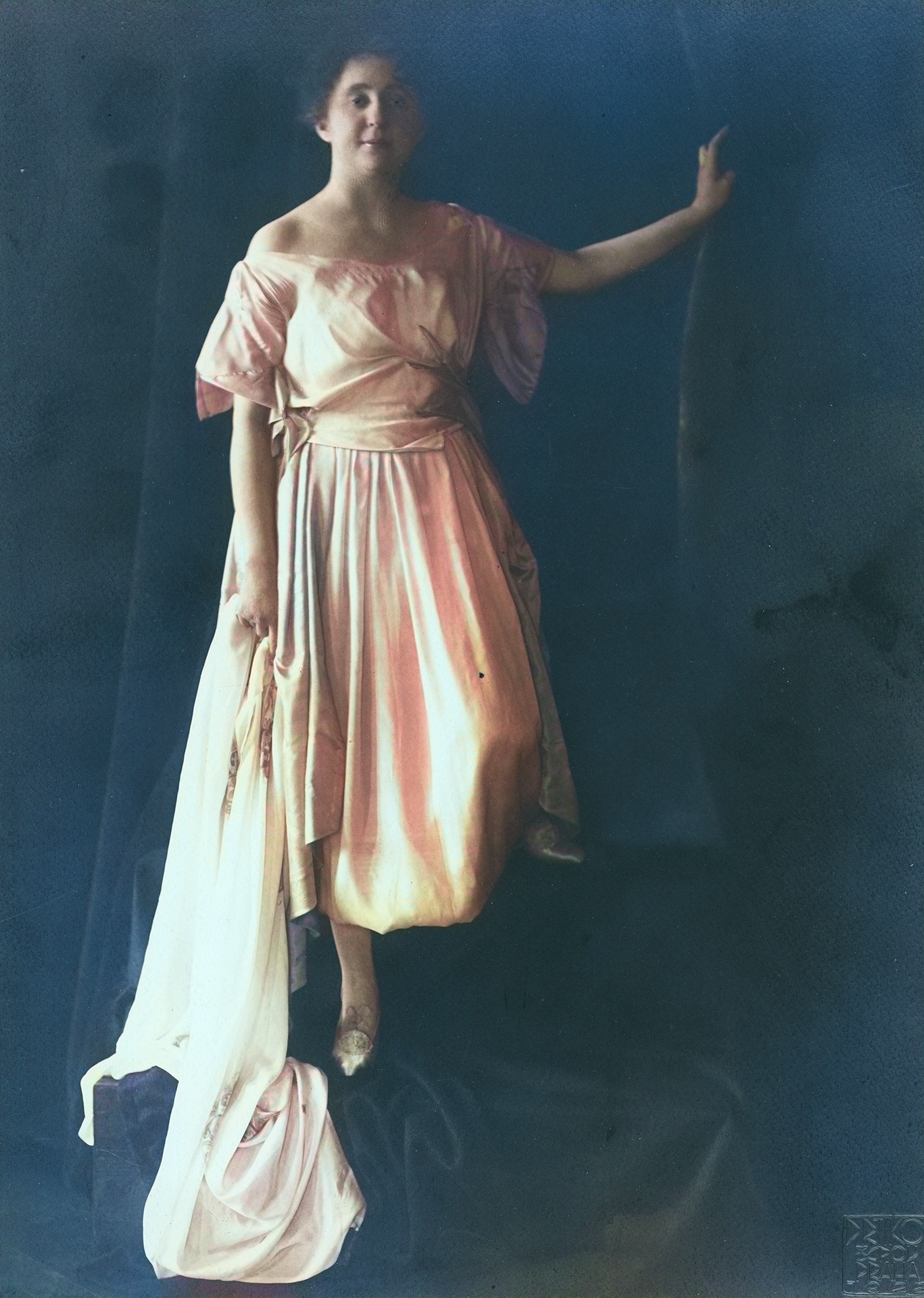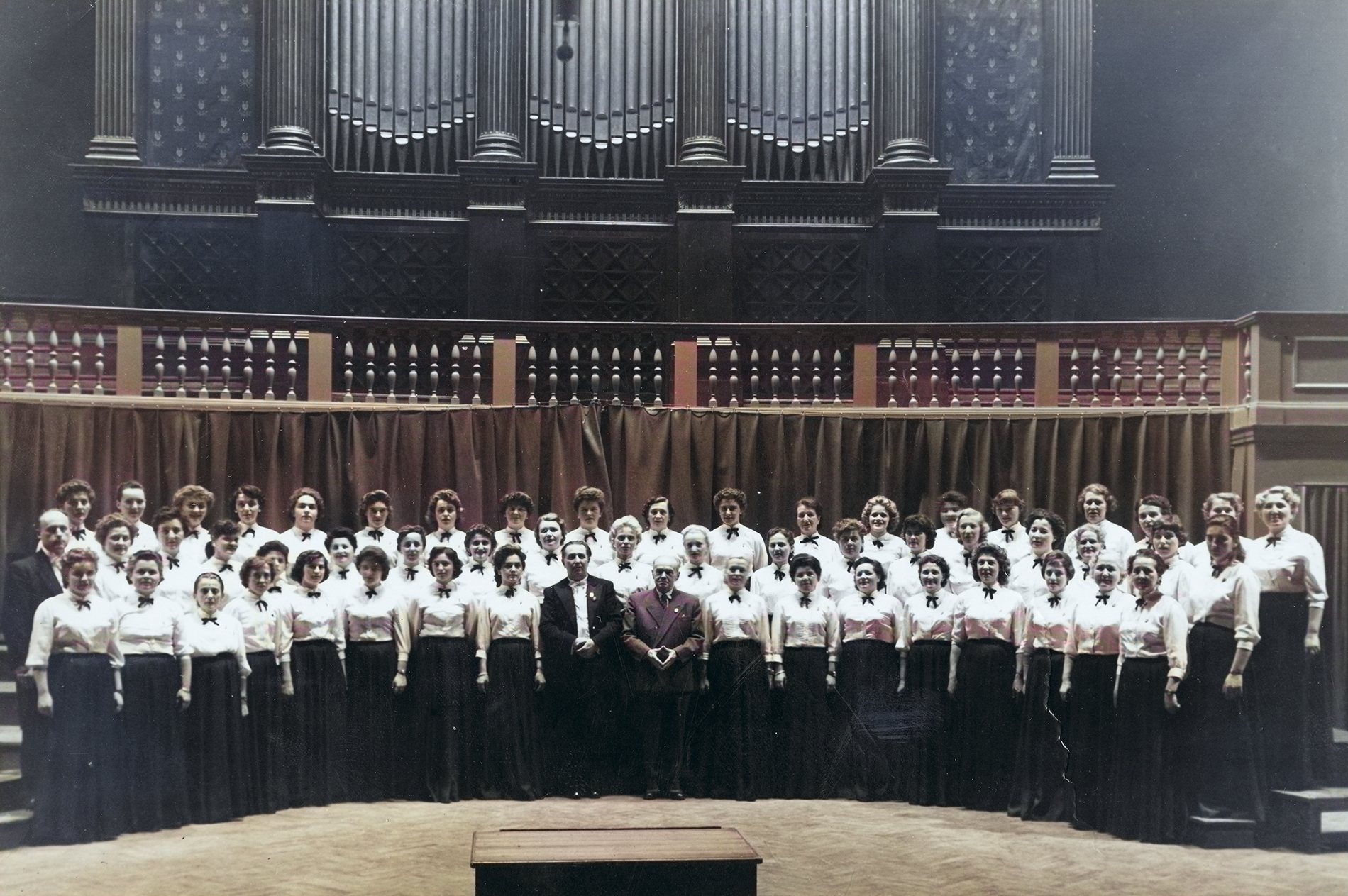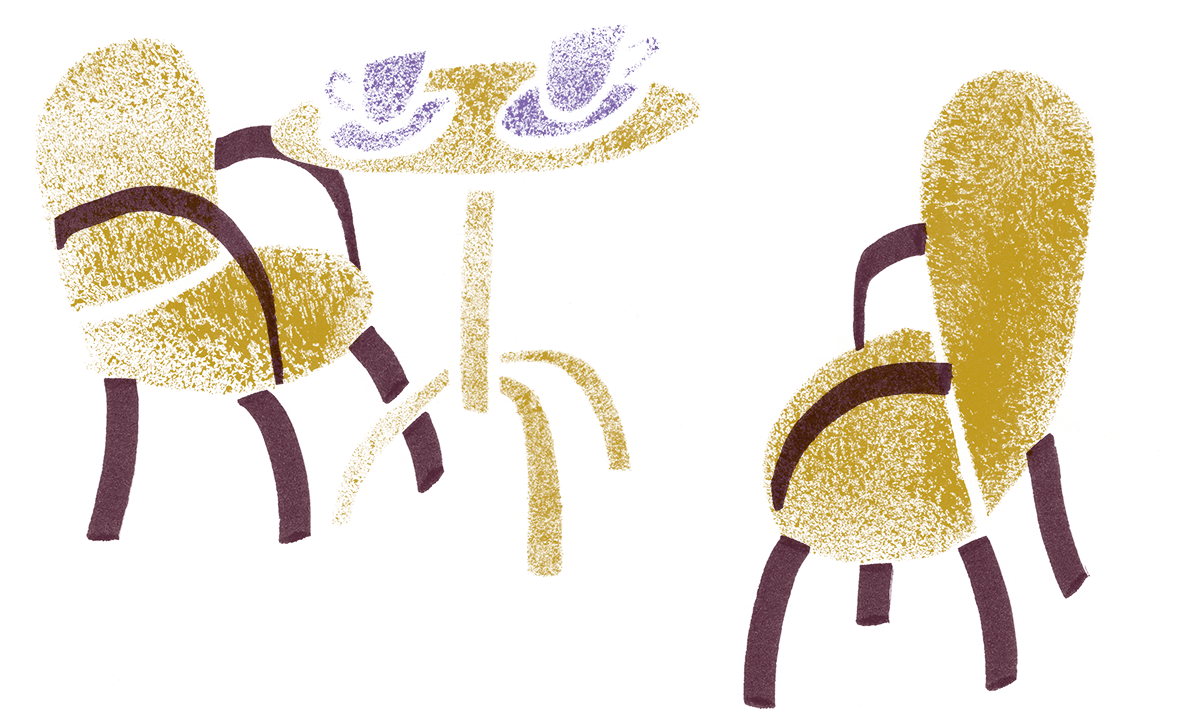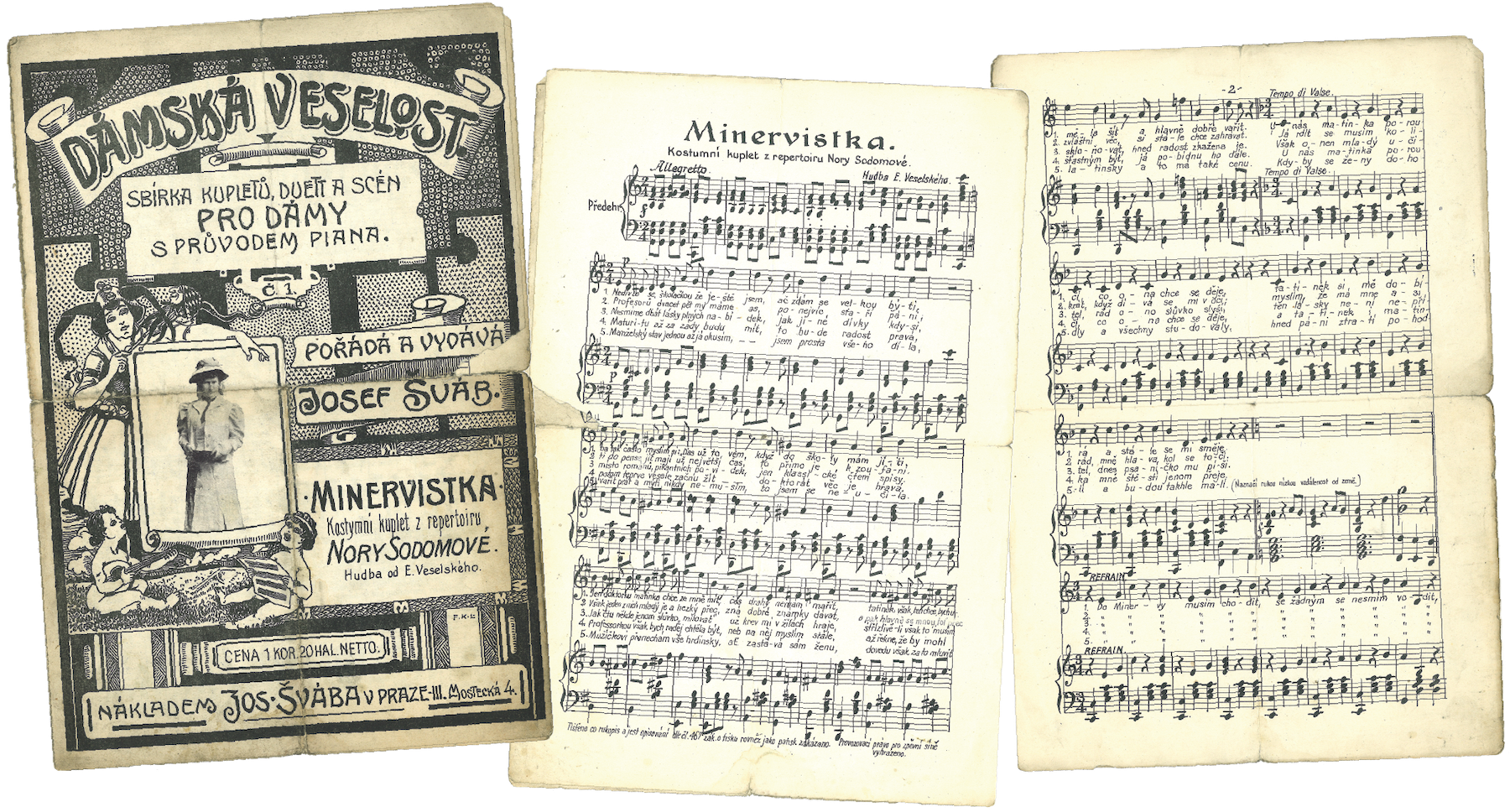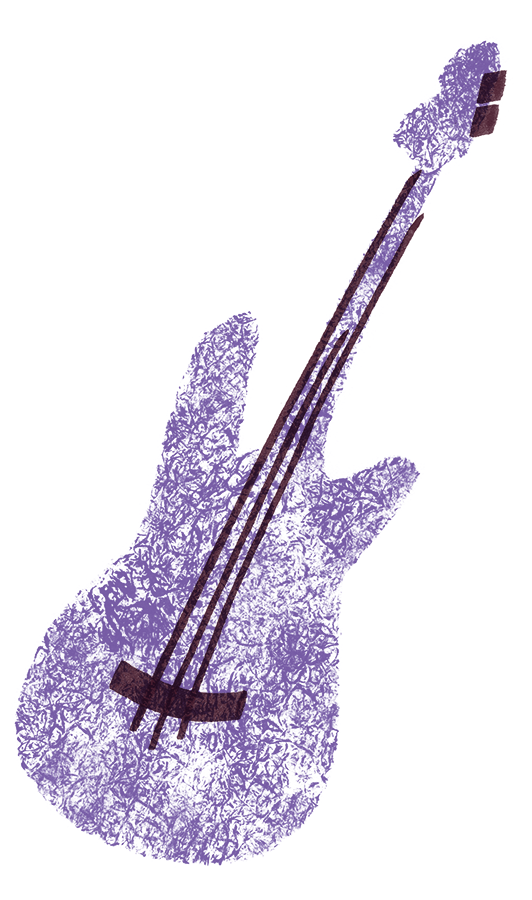Listen to the lullabies Hajej můj andílku and Letěla bělounká holubička from the opera Hubička (The Kiss) by Bedřich Smetana to a libretto by Eliška Krásnohorská. Sung by Ema Destinnová, Supraphon, 1921.
Women Can...
Entertain Themselves
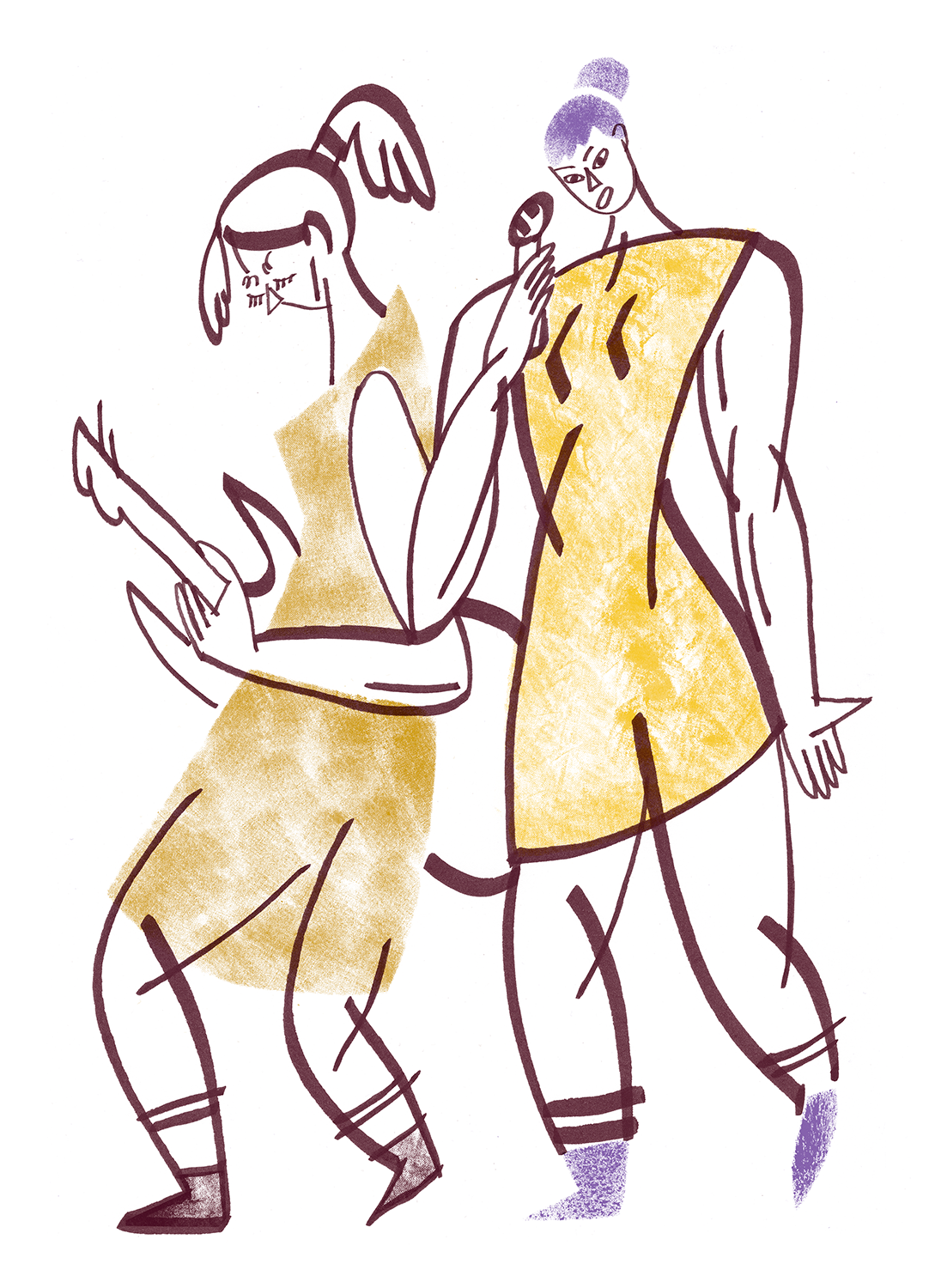
- The road to free self-fulfilment of women and the possibility to choose how to spend their free time was long and without clear milestones. Men have long decided on the appropriateness of women’s leisure activities from both the social and health perspectives.
- For a long time, most women were entering the culture world only as attractive complements to their male companions.
- Active female performers, such as actresses, singers, and circus performers were remaining on the margins of society. Marriage with a man from a different social class would cause a scandal.
- Even girls from better-off families were subject to marriage politics. Poor students were interested in their dowries while organising society balls which functioned usually as bride markets.
- Thanks to university education, women were able to achieve better-paid positions that gave them both self-confidence and economic independence, but also greater respect in society.
- Going for a walk alone, eating lunch in a restaurant, enjoying a cup of coffee, visiting a concert, theatre, a ball, an exhibition, travelling by public transport alone, etc., became commonplace only after the First World War.
- For a long time, sport was considered inappropriate for women. After 1862, thanks to the initiative of Karolína Světlá and Renata Tyršová, women began to be involved in the Sokol movement and were able to participate in sporting activities in a new way. For example, the Ladies’ and Girls’ Sport Association of Prague was founded.
- Women began to skate, swim or cycle, which revolutionised fashion. Women started wearing trousers. The painter Zdenka Braunerová or the operetta singer Marie Zieglerová were among the first to wear trouser skirts.
